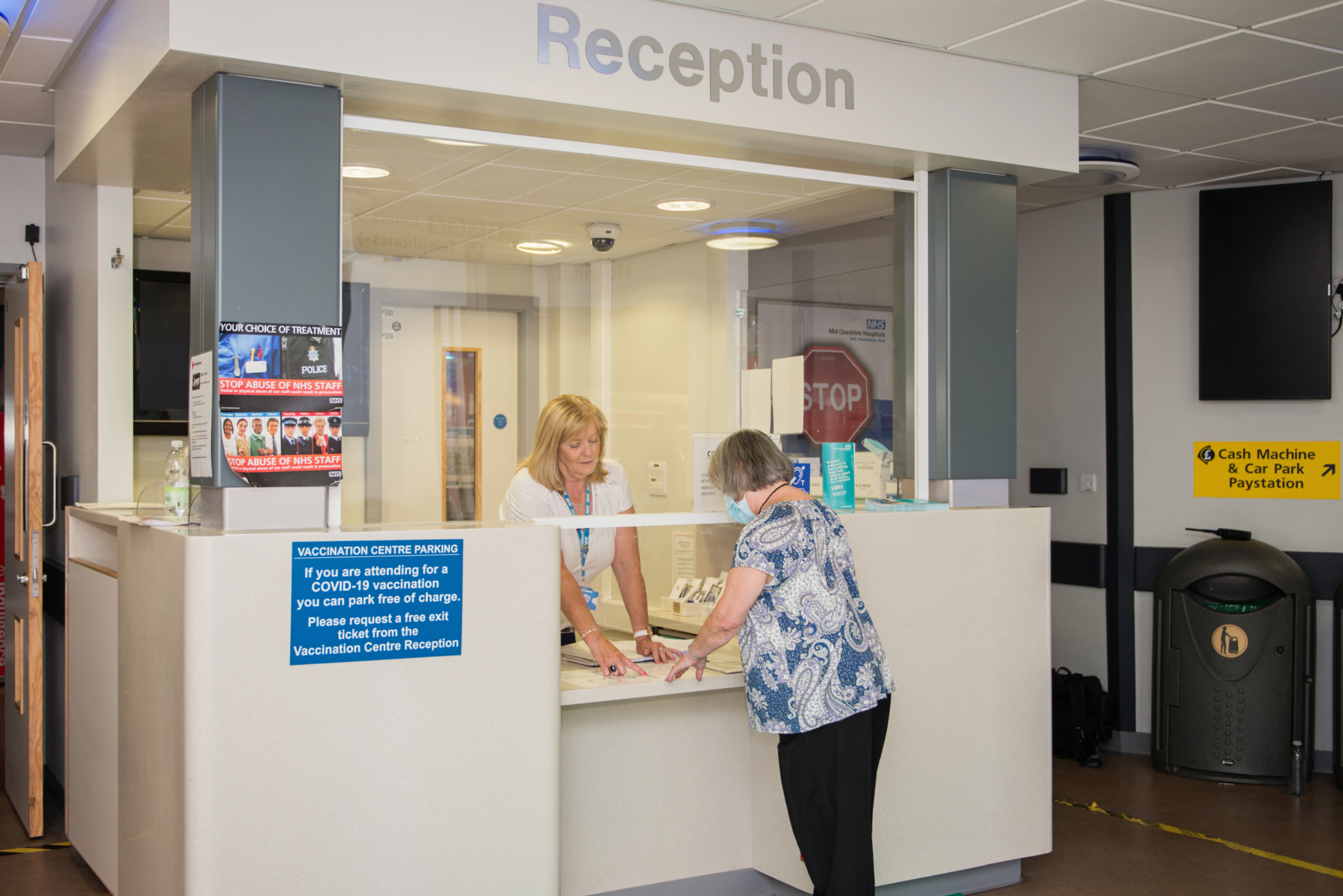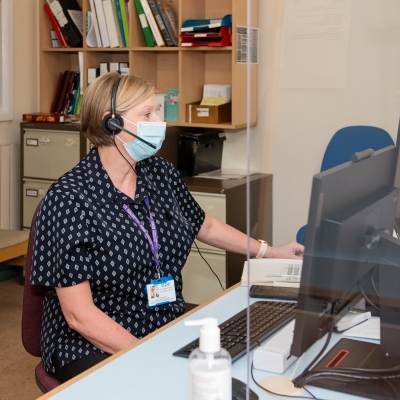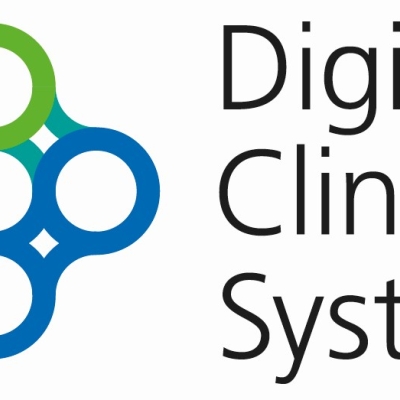The Trust is responsible for the administration of public funds for the purpose of providing  healthcare to the community it serves. It is recognised that the existence of fraud and corruption threaten to prevent these funds from providing maximum benefit to patients. The Trust takes a zero tolerance approach to any incidents of fraud, bribery and corruption.
healthcare to the community it serves. It is recognised that the existence of fraud and corruption threaten to prevent these funds from providing maximum benefit to patients. The Trust takes a zero tolerance approach to any incidents of fraud, bribery and corruption.
The Bribery Act 2010 was introduced to make it easier to tackle the issue of bribery, which is a damaging practice. Bribery can be defined as ‘an inducement or reward offered, promised or provided to someone to perform a relevant function or activity improperly in order to gain a personal, commercial, regulatory and/or contractual advantage, on behalf of oneself or another.
Bribery is a criminal offence. The Trust does not, and will not, pay bribes or offer improper inducements to anyone for any purpose; nor do we, or will we, accept bribes or improper inducements. This approach applies to everyone who works for us, or with us. To use a third party as a conduit to channel bribes to others is a criminal offence. We do not, and will not, engage indirectly in, or otherwise encourage, bribery.
The Bribery Act creates specific criminal offences which carry custodial sentences of up to 10 years and potentially unlimited fines. It also introduces a corporate offence which means that if Mid Cheshire Hospitals NHS Foundation Trust is exposed to criminal liability, it is punishable by an unlimited fine, for failing to prevent bribery.
To limit the Trust's exposure to bribery, the organisation has in place an Anti-Fraud, Bribery and Corruption Policy, as well as a Corporate Governance Manual which includes details around managing conflicts of interest and code of conduct. These apply to all staff and to individuals and organisations who act on behalf of Mid Cheshire Hospitals NHS Foundation Trust. The Trust also has in place a nominated Local Counter Fraud Specialist who will investigate, as appropriate, any allegations of fraud, bribery or corruption. The Trust will seek the most stringent sanctions available against anyone seeking to commit bribery.
The success of the Trust's anti-bribery approach depends on its staff playing their part in helping to detect and eradicate bribery. The Trust therefore encourages staff, service users and others associated with the Trust to report any suspicions of bribery and will rigorously investigate any allegations. In addition, the Trust holds a Register of Interests for directors, staff, and Governors and asks staff not to accept gifts, hospitality or sponsorship that will compromise them or the Trust.
The Board of Directors carries out its business in an open and transparent way. The Trust is committed to the prevention of bribery, as well as to combating fraud, and expects the organisations it works with to do the same. Doing business in this way enables the Trust to reassure its patients, Members and stakeholders that public funds are properly safeguarded.
If you have any concerns or suspicions of fraud or bribery the Trust needs to know about, the Trust’s nominated Local Counter Fraud Specialist can be contacted in confidence:
- By phone: 0151 285 4531 / 07721 237 352
- By email: phillip.
leong / phillip.@miaa.nhs.uk leong @nhs.net
Alternatively, you can also contact the NHS Counter Fraud Authority (NHSCFA), the national authority with responsibility for fraud and other economic crime within the NHS and the wider health group, in confidence:
- Via the Fraud and Corruption Reporting Line: 0800 028 40 60 (free, 24-hour phone line)
- Through the NHSCFA online reporting form: www.cfa.nhs.uk/reportfraud
The Trust has nominated a Counter Fraud Champion to provide a senior strategic voice to champion the counter fraud agenda and to enable and support the counter fraud programme of work. The role of the Counter Fraud Champion also includes, amongst other duties, promoting and embedding an awareness of fraud, bribery and corruption across the Trust, and enabling, facilitating and supporting fraud prevention work, both at a senior strategic level.
The Trust’s Counter Fraud Champion is Duncan Goff, Deputy Director of Finance.
The Trust's Senior Responsible Officer for fraud, bribery and corruption is Russell Favager, Deputy Chief Executive and Director of Finance.










